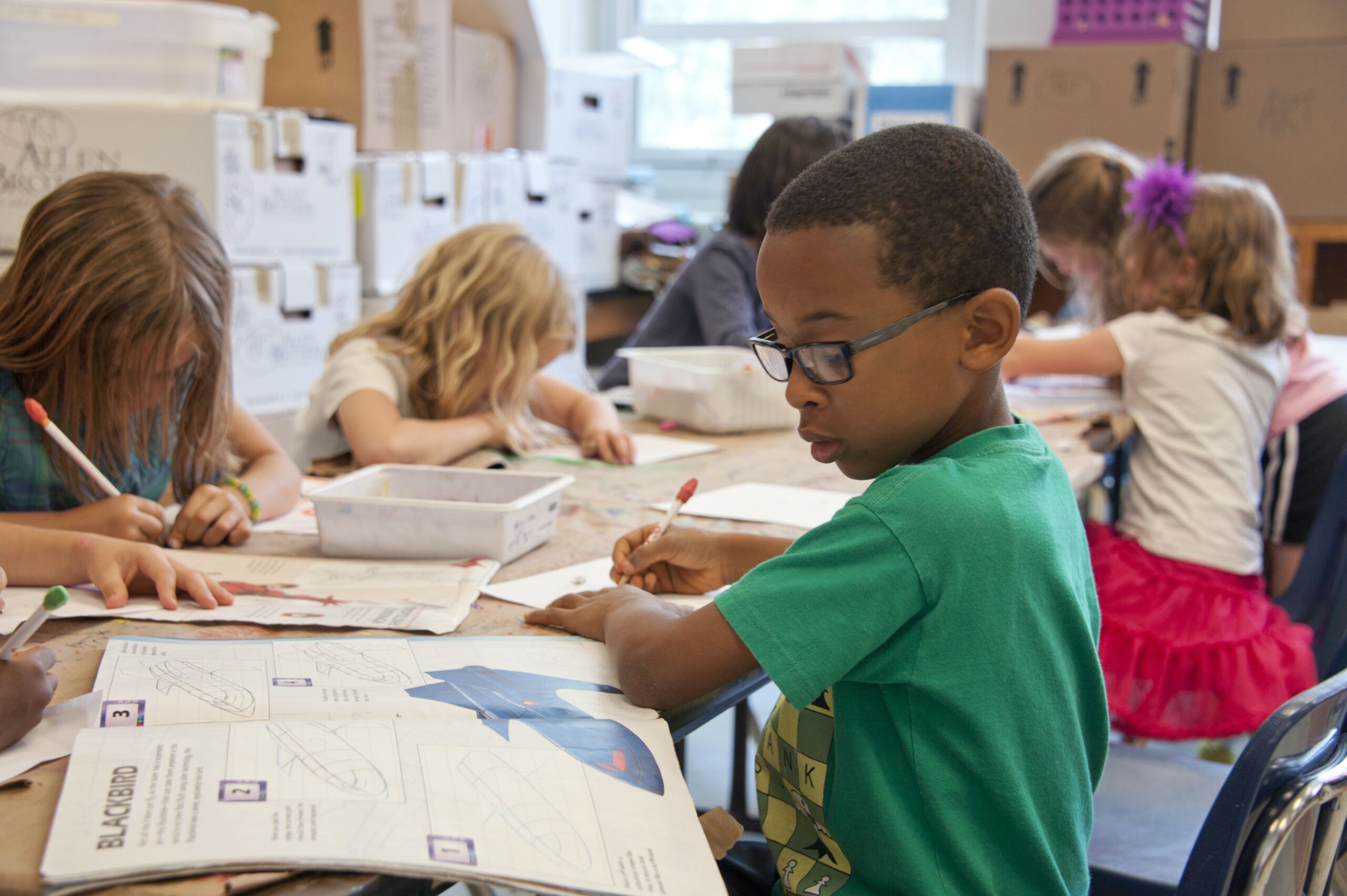As we face the unpredictable times of COVID-19, I’d like to draw attention to the hardships it brings on for the education of students in low-income communities nationwide. With the abrupt transition to distance learning at home back in March, millions of students had to retrain themselves to adapt to new learning methods that are heavily dependent on technology. For some, the remaining curriculum of the year is difficult to retain when the learning is not face-to-face. However, for the students without laptops, tablets, or internet access, the dilemma is even more complex. Over 9 million K-12 students in the United States live without any internet connection. These students do not have access to live Zoom lessons, online assignments, tutoring videos, or standardized testing which makes them more vulnerable to falling behind compared to their peers. While many school districts have tried to find ways to tackle this obstacle with the help of hardworking and creative teachers, there are many students who are unaccounted for and do not have full access to their education, which impacts their overall retainment of the material. This brings up the concern for students’ academic performance in the upcoming school year. Will there be students falling behind on the material?
This concern is consistent globally. For countries that face digital divides across their population, online learning is much more difficult to implement. For example, approximately 76.2% of households in India, a country that is completely locked down and where we have seen the gender and class disparities in education first hand, do not have internet access. Moreso, the country faces the issue that most schools and teachers, who are not usually reliant on technology in the classroom, are not educated on or equipped to implement online learning, which sets back millions of students.
While this crisis has highlighted the inequities in education for low-income income students, it has also highlighted the constant diligence and care of our teachers. Despite the limitations, there are many teachers out there who have done more than what they’ve been asked to ensure every one of their students is receiving the best education they possibly can with what they have. There have been stories of teachers who have been making trips to dropping off paper assignments once to students who do not have internet access or holding round the clock virtual tutoring sessions for those who do, but need a little more assistance. Teachers have been and will always be invaluable, but it’s times like these that show us that they deserve all of the appreciation in the world.




